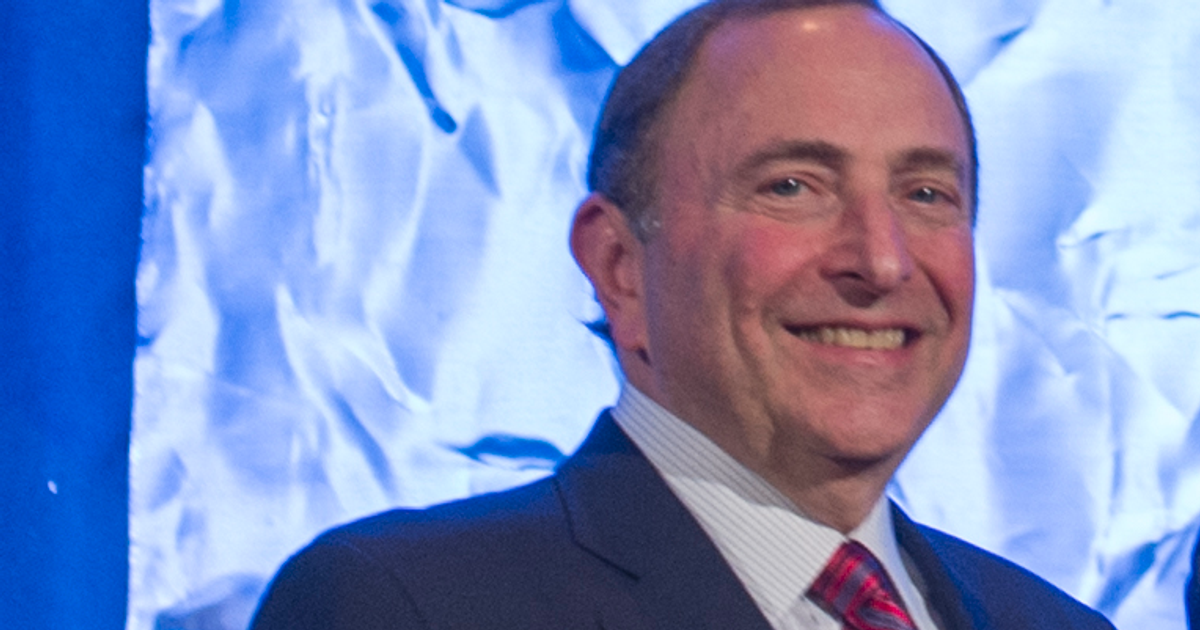(Photo Credit: NNC Public Affairs Photography)
The NHL's version of a chronic traumatic encephalopathy lawsuit, brought against the league in a Minnesota court by over 150 former players, has sadly become more characterized by the NHL's attempts to influence the case through unethical means than as a resolution to the question of a link between hockey and CTE.
The allegation against the NHL is like that which was made against the NFL in a concussion lawsuit brought by former players and against the NCAA in Ploetz v. NCAA. The NHL, the players argue, either knew or should have known about a link between head injuries sustained while playing hockey in its league and developing CTE and informed them of the risk.
The NHL's unethical attempts to influence the case
The NHL has tried to deceive the court to its advantage already. Eight months ago the court ordered the NHL to cover attorney fees taken on by scientists at Boston University who are studying the brains of deceased hockey players. The NHL had asked the court to force the researchers to turn all of their data over to the league. The BU scientists fought the measure in court because they feared doing so would compromise the integrity of their study.
In its argument for why it shouldn't have to cover the attorney fees the BU researchers only had incurred because of the NHL's attempt to pillage their records, the NHL boldly misrepresented communications between itself and the BU researchers. In its filing to the court, the NHL conveniently omitted crucial parts of emails between itself and the scientists at BU.
This week the lawsuit has evolved into a dispute over which expert witness testimonies will be allowed by the court. One of the expert witnesses for the players is the cofounder and medical director of the Concussion Legacy Foundation in Boston, Dr. Robert Cantu. It's his testimony that the NHL wants to strike from the record in this case.
Cantu has been outspoken in his belief in a connection between hockey and CTE, a point which the NHL vehemently contests to the point of flirting with the rules the court has laid down.
On Wednesday, March 7, the league filed 11 expert reports aimed at strengthening its argument that Cantu's testimony should be stricken with the record. Those 11 reports were besides reply briefs already filed on the NHL's behalf to support its motion to exclude Cantu's testimony. Counsel for the players have also pointed out they exceed a word count order placed on the trial by the court, and the NHL had no permission from the court to file new reports.
Perhaps the most unfortunate result of the NHL's decision to go outside the normal rules of litigation is that once again, the real issue is overshadowed by the unethical practice. Whether Cantu's testimony is sound has become a secondary issue next to how the NHL has gone about trying to invalidate it, just like whether the researchers at BU cooperated with the league was overshadowed because the NHL misrepresented the communication to the court.
It seems the NHL knows its case is weak and feels it has to resort to unscrupulous methods to win this case. The counsel for the NHL would probably refute that statement, but its actions are screaming so loudly, it would be very difficult to hear those words.
Did the NHL know about the risk of CTE and fail to inform players? Let us know what you think in the comments.
Explore new topics and discover content that's right for you!
News



